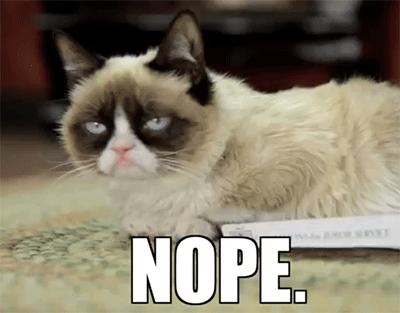You is singular, ye is plural, thou shows a close relationship. That’s my soundbite explanation.
Thanks, y’all, for sending me down the Wikipedia hole. /s
There’s too much to summarize, but @chenille is right that usage changed multiple times over the centuries.
One quote:
“In Old English, thou was governed by a simple rule: thou addressed one person, and ye more than one. Beginning in the 1300’s thou was gradually replaced by the plural ye as the form of address for a superior person and later for an equal. For a long time, however, thou remained the most common form for addressing an inferior person.”
Hence thou/thee came to be regarded as overly familiar or insulting except among intimates and was eventually dropped.
I suspect “the” is more common, but Mr. Ye is possibly right if one uses “ye” as in Ye Olde Hippe Hoppe Shoppe, where "Y’ substitutes for the letter “þ” (thorn). 
My dad (not a native English speaker) loved to point out that English was lacking a plural/respectful version of “you”.
I think I sound generic American having had one parent from upstate NY, the other from Maryland. Occasionally I use “you all” as plural, a habit I picked up growing up in northern Virginia outside Washington DC, where there were a lot of different accents. It definitely feels like a plural “you” to me. (I can do a pretty convincing TV southern drawl too, but only for effect. It’s probably not entirely accurate).
Well, there you go. What we actually lack is a singular/disrespectful version. Pity. It would be handy for dealing with the Donald.
How about “youasshole?” “Hey, could youasshole keep your yap shut?” for example.
My mom taught grammar (ask me to diagram a sentence!) and she grew up in Alabama, so she declared y’all legal because there is no third person plural in American English. But she was anti “ain’t.”
How would she feel about “all y’all?”

Ain’t is actually proper English, it’s just archaic. It’s the contraction for “am not”. I used to be quite the stubborn little miss, insisting on using it because technically there’s nothing ‘wrong’ with it. And I loved the shocked looks on people’s faces.
So now you know how I spent my teenage years, no calendar required.
Fo sure!
In Utah there are some interesting phrases: “ew fer rude” and “ew fer ignernt.” I think they both mean “you are being rude/gross/lewd.”
What was her position on staring a sentence with “but”? 
Also “is not”, “are not”, “has not”, “have not”, etc. A versatile word, perfectly okay for centuries, then some busybody prescriptivist decided it wasn’t acceptable. So when I went to school it was one of the most definite no-nos, even worse than to start a sentence with a conjunction, to recklessly split an infinitive, or to refer to children as “kids” (“a kid is a baby goat”).
It occurs to me that the taboo against “ain’t” is so strong that it’s acceptable to use the grammatically weird “aren’t I” instead. I’ve heard a British speaker use the phrase “amn’t I”.
I just found this:
“Don’t say ain’t
Your mother will faint
Your father will fall in a bucket of paint
Your sister will cry
Your brother will sigh
The cat and dog will say goodbye.”
Mare zee doats
Ando zee doats
And liddlelam zee divey.
A kittilee divey too, wouldn’t you?Mare zee doats
Ando zee doats
And littlelam zee divey.
A kittlee divey too, wouldn’t you?If the words sound weird, and crazy to your ears,
A little bit jumbled and jivey,
Then mares eat oats
And does eat oats
And little lambs eat ivyMare zee doats
Ando zee doats
And littlelam zee divey.
A kittlee divey too, wouldn’t you?Mare zee doats
Ando zee doats
And littlelam zee divey.
A kittlee divey too, wouldn’t you?
What you did there, I see it.
And I guess that ending sentences in prepositions was something they certainly wouldn’t put up with.
She was against starting sentences with prepositions. She was pretty strict about it all.
Against starting sentences with prepositions? Of all the grammar rules I’ve heard, that’s got to be one that I’ve never known to be enforced.
And this is ridiculous. And it just shows that when you stop teaching people proper grammar, such as when to use the accusative and when to use the dative, or when to use the subjunctive, or when to use a strong adjective and when to use a weak one, they will invent bullshitty grammar.